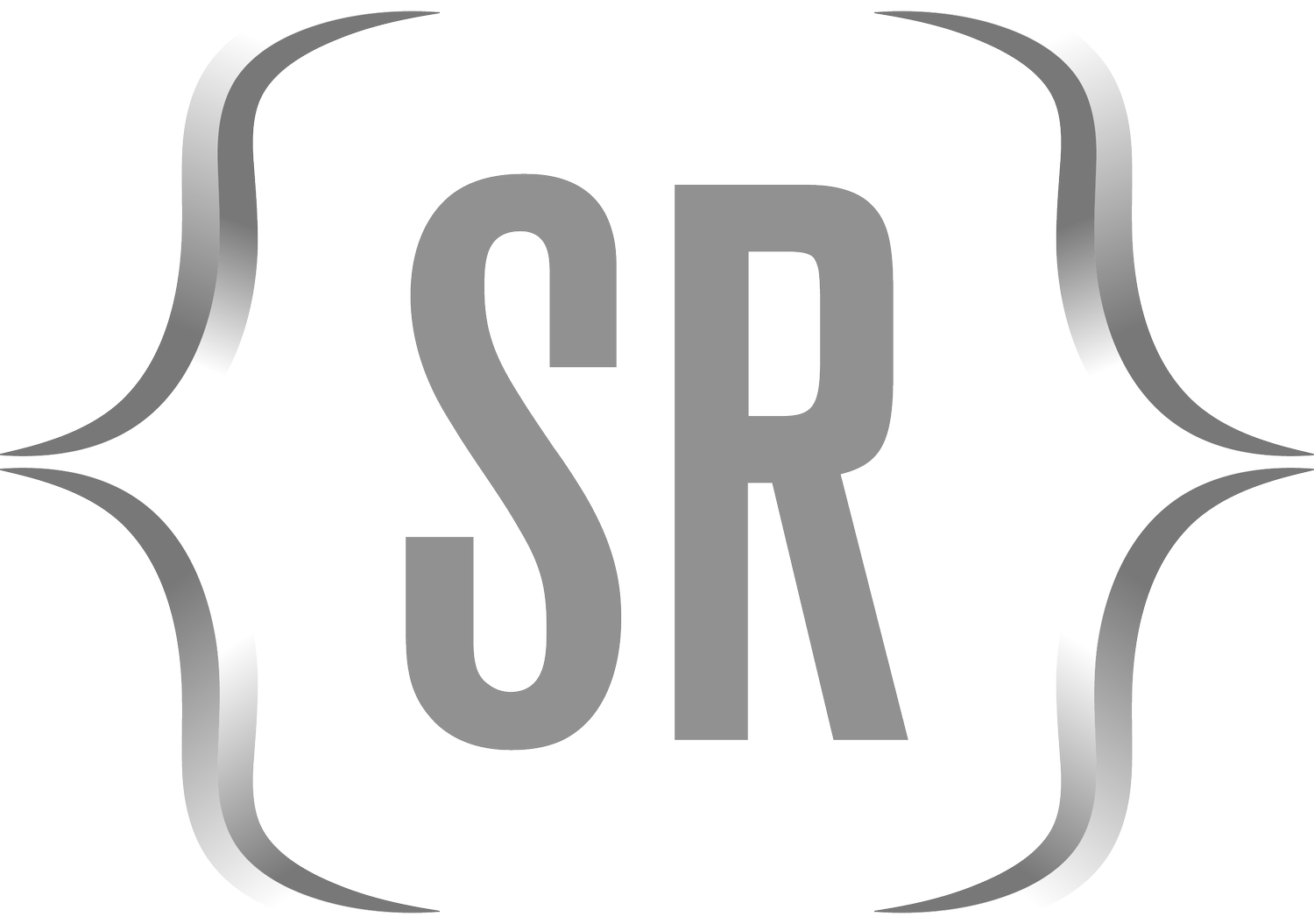The “as.vector” Function in R
Package: Base R (no specific package required)
Purpose: Converts an object to a vector.
General Class: Data Manipulation
Required Argument(s):
x: An R object to be converted to a vector.
Notable Optional Arguments:
mode: The mode of the resulting vector. By default, the mode is determined from the highest type of the components in x.
...: Additional arguments for methods.
Example:
# Example data for using the as.vector function
matrix_example <- matrix(1:6, nrow = 2, ncol = 3)
# Use as.vector to convert a matrix to a vector
vector_result <- as.vector(matrix_example)
# Display the result
print(vector_result)In this example, the as.vector function is used to convert a matrix (matrix_example) to a vector (vector_result). The as.vector function is commonly used to simplify the structure of an object and convert it to a one-dimensional vector.
